- Learning time
- 20 minutes
- First play time
- 60 minutes
Joraku
Designed by: Iori Tsukinami
In Joraku, players are Daimyo of the Sengoku period of Japanese history, sworn to protect their emperor from every threat – including, it seems, each other, as everyone battles for control of the board – a partial map of Japan – via the unusual medium of trick-taking.
Each player begins with a small presence on one section of the board: two cubes representing samurais, and a single Daimyo, which has a strength of two samurais. Players are dealt a hand of cards numbered 1-6, and over three rounds, play out a number of tricks until everyone’s hand is empty. The rules are pretty simple: as with standard trick-taking, you must follow suit if you can, and if you can’t, play a card of your choice. When playing a card, everyone gets to take an action: either adding 1-3 samurais to the board in the region that matches your played-card (-if you played a 4, say, you’d place samurais in section 4 on the map); or use action points equal to the number you played: these can be used to move your samurais to adjacent regions, eject opponent samurais off the board, or (for two action points) move your Daimyo.
The winner of the trick is the player who played the highest card; they now score the region their Daimyo is in, which means points for first and second place in terms of who has most presence in that region. A small wrinkle is each suit has a Ninja card: it only wins a trick if there was a six played, but it allows you to add three samurai to the map in any regions you like.
When all cards have been played, each region is scored for first, second and third place, and awarded points according to the numbers printed on the board itself. Critical to note is that eastern regions score better earlier in the game, while the western regions are more rewarding later. At the end of the third round, the player with the most points is the winner!
The guru's verdict
-
Take That!
Take That!
It's quite a fighty game. Less combative trick-takers are available!
-
Fidget Factor!
Fidget Factor!
Reasonably low. Options aren't overwhelming to start with, and in terms of cardplay they're only thinning out as the round goes on...
-
Brain Burn!
Brain Burn!
...but you're highly unlikely to win playing scattergun, unless everyone else is. Joraku's sleight of hand isn't just the quirky mechanics of the game, but how momentum rises and falls on the board. You'll have successes for sure, but timing your successes well is key
-
Again Again!
Again Again!
It's speedy, tactical, and each play throws up some hand grenade moments

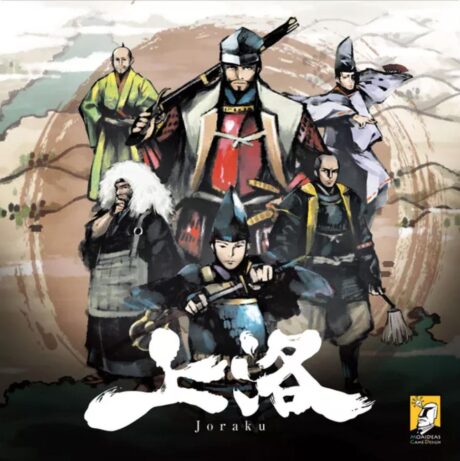

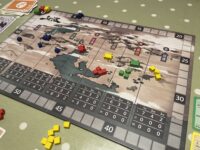
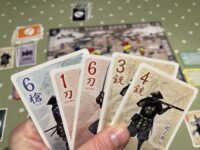
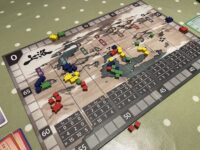



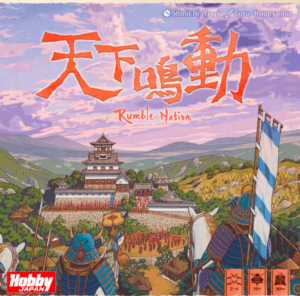

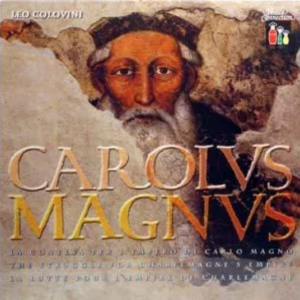

Sam says
The game Joraku reminds me of is Brian Boru - another game of control and influence that is driven by a trick-taking mechanic. Whereas Brian Boru is a tricky teach and takes a couple of plays to start making sense, Joraku is much more accessible - you can learn it in fifteen minutes, teach it in five and play it in less than an hour. And for all it's comparative brevity, it's quite a deft little game, gifting you decisions with each hand of cards that have import on the map. Every card having it's own action sidesteps the idea that only trick-winners will get anywhere, and only 'good hands' - though what is a good hand in Joraku?!! - have value. For all the presence of a map and samurais, it does feel a bit abstract, like you're fighting over a scoring system more than a country; but it's good, shrewd, tactical fun all the same.